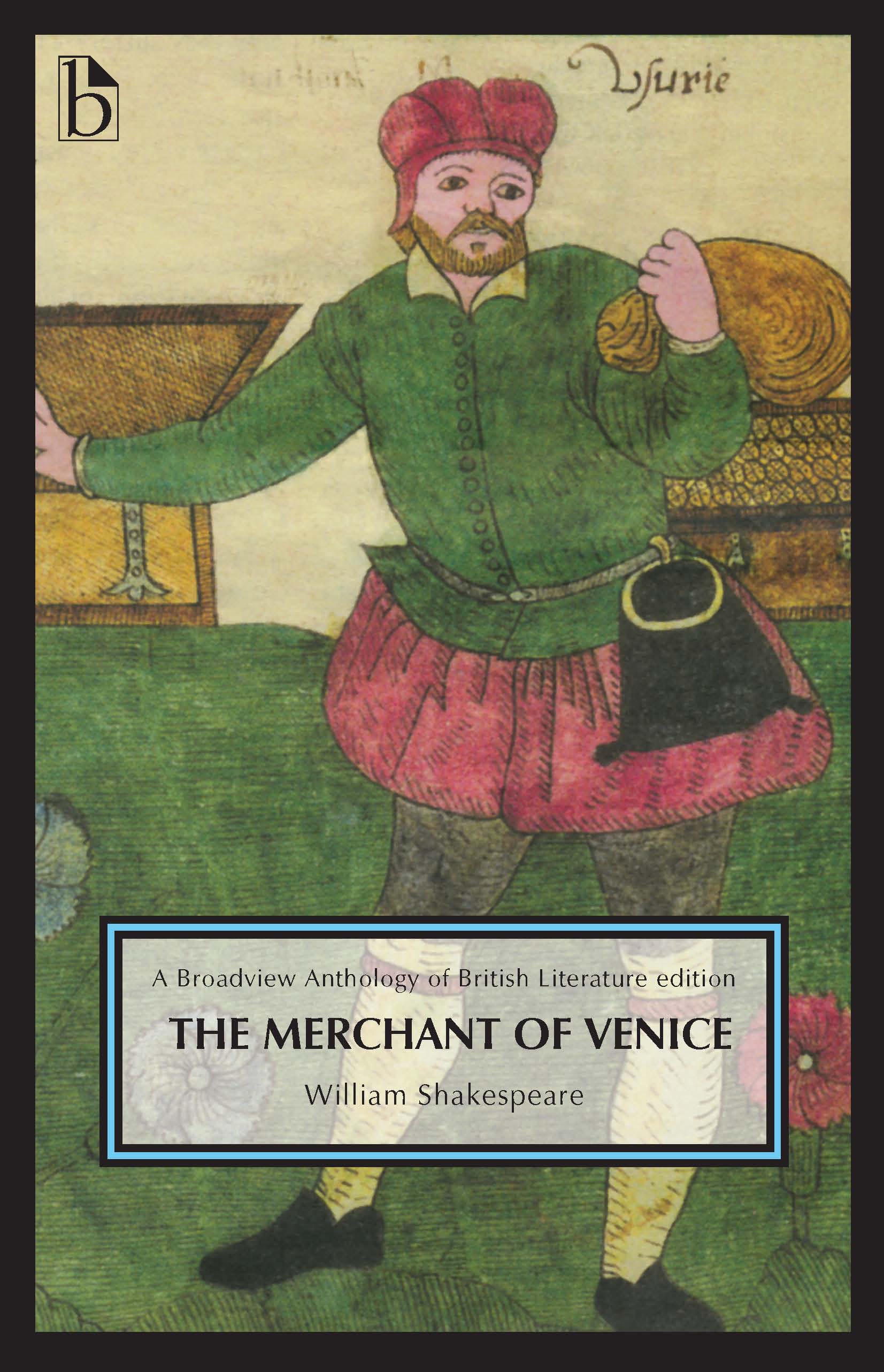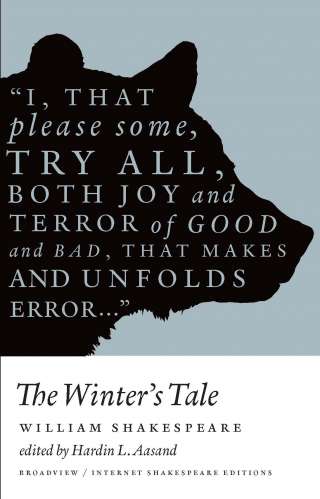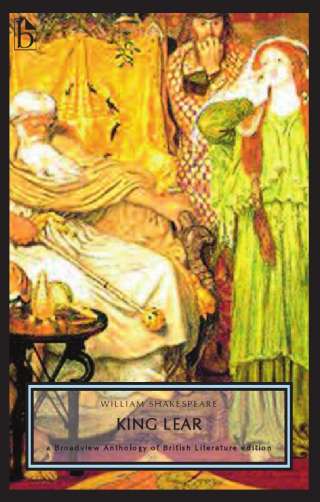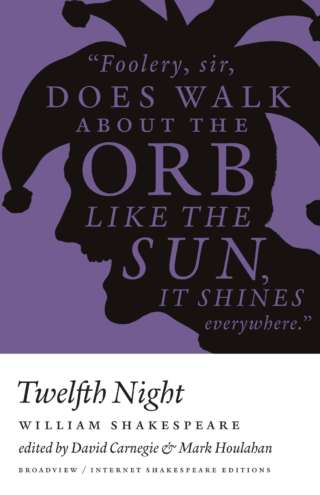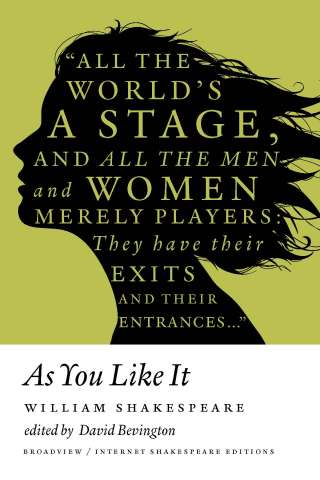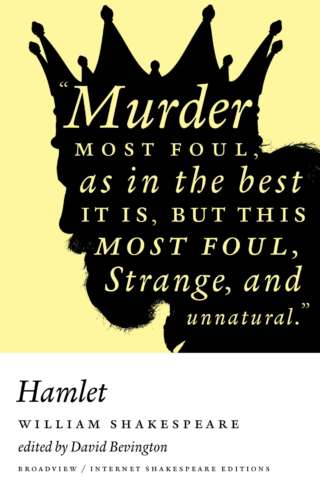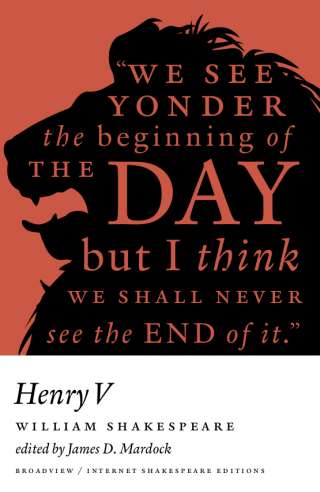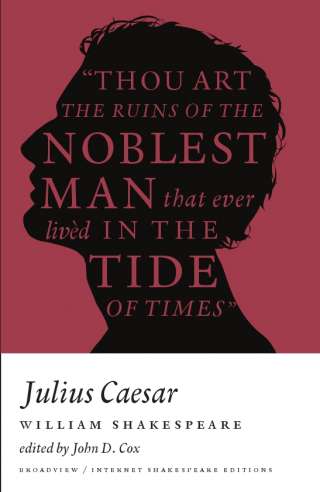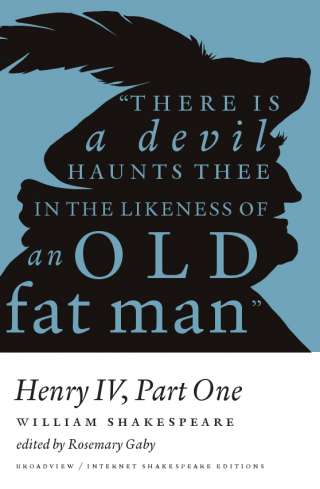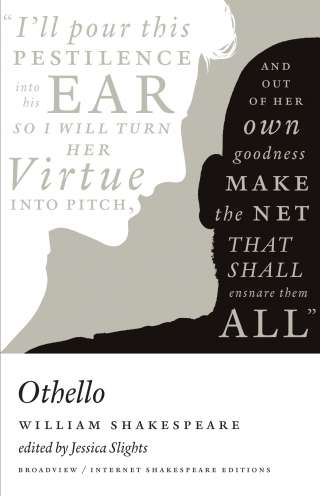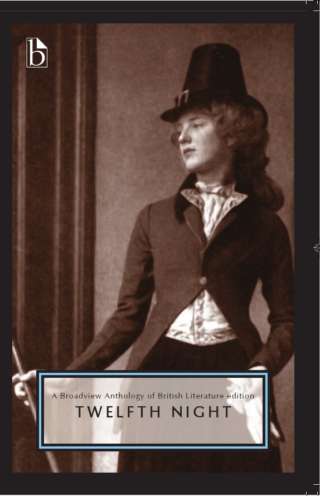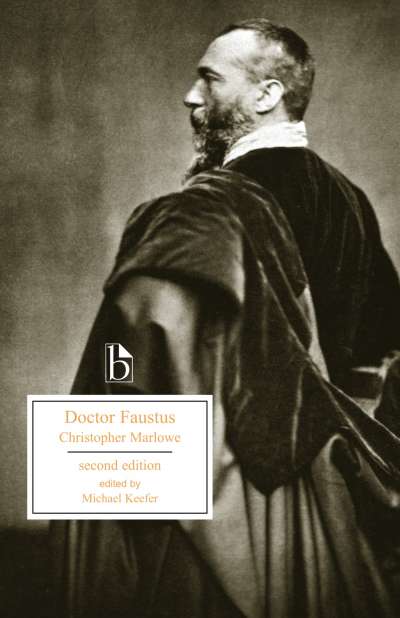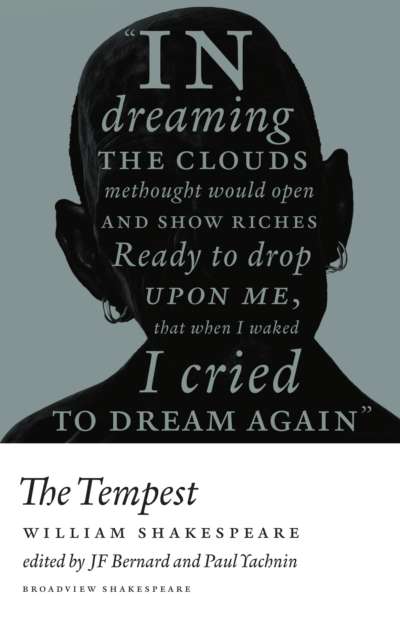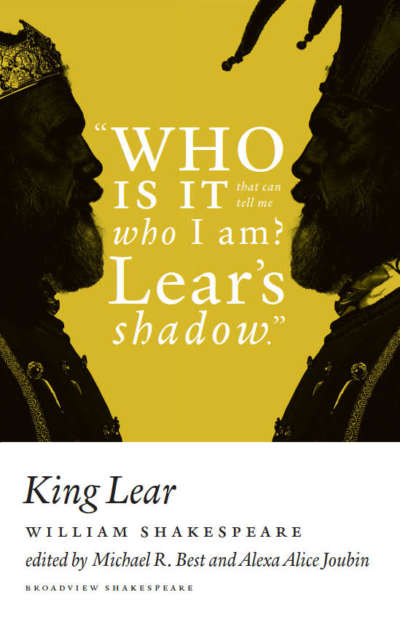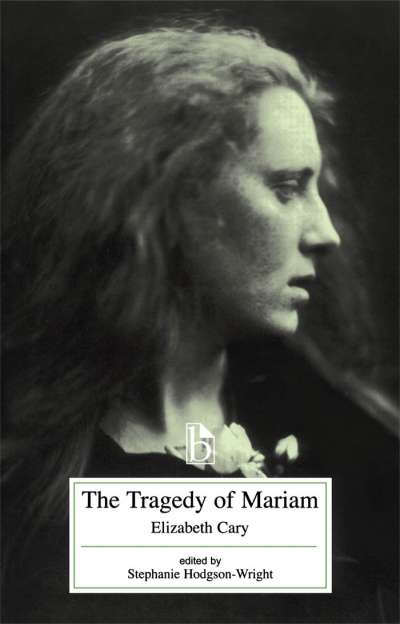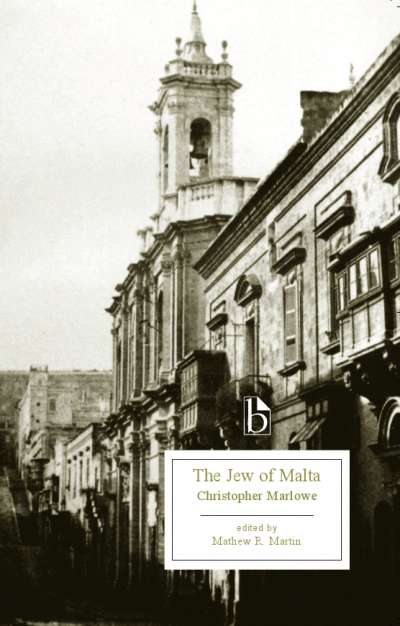
The Merchant of Venice is best known for its complex and ambiguous portrait of the Jewish moneylender Shylock—and of European anti-Semitism. Fascinating in its engagement with prejudice, the play is also a comedy of cross-dressing and disguise, and a dramatic exploration of justice, mercy, and vengeance.
This volume contains the full text of the play with explanatory footnotes and marginal glosses for contemporary readers. An extensive introduction and well-rounded selection of background materials not only illuminate anti-Semitism in early modern England but also provide context for other facets of the play, including its comic plot of love and marriage, its examination of commerce and international trade, and its themes of revenge and the law.
Comments
“… extremely useful. The introductory materials are lucidly written and very thorough. Most impressive, I thought, was the range of background primary sources the editor provides…. The volume strikes me as suitable for courses not only in Shakespeare and early English drama but also those that look at the history of antisemitism and of Jewish-Christian relations in Europe…. The next time I teach Merchant I am definitely going to assign it!” — Lisa Lampert-Weissig, University of California, San Diego
“Students and their teachers will welcome this excellent new edition of The Merchant of Venice. Julie Sutherland’s introduction to the play sets up the major issues of and conflicts surrounding Shakespeare’s representation of his Jewish character, Shylock. The volume’s carefully chosen and excerpted supporting materials supply lively perspectives on the historical, social, religious, and theatrical contexts of Shakespeare’s enigmatic and always fascinating play.” — Judith Page, University of Florida
“With a sensitive scholarly introduction, well-chosen illustrations, and extensive annotations, this edition of The Merchant of Venice is accessible enough for secondary school students and challenging enough for undergraduate and even graduate students. The contextual materials on topics from ‘The Shakespearean Theater’ to ‘Jews and Christians’ to ‘Women, Family and Obedience,’ to name but a few, make this edition a superlative resource for teaching and researching one of Shakespeare’s most significant and controversial plays.” — Bernadette Andrea, University of Texas at San Antonio
“…a classroom-ready Broadview edition … presented along with a rich collection of source and contextualizing materials …” — Studies in English Literature 1500-1900
Introduction
- William Shakespeare
The Merchant of Venice
The Merchant of Venice
In Context
- The Shakespearean Theater
- The Swan Theatre
- Titus Andronicus in Performance
- The Plot of an Elizabethan Play
- Early Editions of Shakespeare’s Plays
- Sources and Context
- from Runner of the World (late 13th or early 14th century)
- from Giovanni Fiorentino, The Simpleton (1378)
- from Christopher Marlowe, The Jew of Malta (c. 1590)
- Jews and Christians
- from the Geneva Bible, John 8.42–49 (1560)
- from The South English Legendary: Miracles of the Virgin (c. 1280)
- from Edward I’s Edict of Expulsion (1290)
- from Richard Morison, A Remedy for Sedition (1536)
- from Samuel Usque, Consolation for the Tribulations of Israel (1553)
- from Raphael Holinshed, Chronicles of England, Scotland, and Ireland (1587 edition)
- from Thomas Coryate, Coryat’s Crudities (1611)
- from Leon of Modena, History of the Present Jews throughout the World (c. 1616)
- from Edward Coke, The Institutes of the Laws of England, Part 2 (1642)
- Revenge
- from the Geneva Bible, Exodus 21.12–25 (1560)
- Francis Bacon, “Of Revenge” (1625)
- Commercial Life: Of Venice, Merchants, Usurers, and Debtors
- The Geneva Bible (1560) on Usury and Generosity
- Exodus 22.22–27
- Leviticus 25.35–37
- Deuteronomy 23.19–20
- Psalms 15.1–5
- Ezekiel 18.7–13
- from Thomas Wilson, A Discourse upon Usury (1572)
- from Zuane di Andrea Zane and Brothers, Petition to the Senate (31 July 1550)
- from William Thomas, The History of Italy (1549)
- from Yehiel Nissim Da Pisa, The Eternal Life (1559)
- from Thomas Lupton, The Second Part and Knitting Up of the Book Entitled Too Good to Be True (1581)
- from Anthony Copley, Wits Fits and Fancies (1595)
- from Thomas Lodge, Wit’s Misery, and the World’s Madness (1596)
- from Giovanni Botero, Relations, of the Most Famous Kingdoms and Commonweals through the World (1595)
- from Leon of Modena, History of the Present Jews throughout the World (c. 1616)
- from Leon of Modena, “Refutation of What Fra Sisto Writes in His Holy Library” (1627)
- Francis Bacon, “Of Usury” (1625)
- Friendship and Love between Men
- from Cicero, Of Friendship (44 bce)
- from Christopher Marlowe, Edward II (1594)
- from Richard Barnfield, Cynthia, with Certain Sonnets, and the Legend of Cassandra (1595)
- from William Shakespeare, Sonnets (1609)
- from Michel de Montaigne, “Of Friendship” (1580)
- from Leon of Modena, Treatise on Ethics (1587)
- Women, Family, and Obedience
- from Baldassare Castiglione, The Book of the Courtier (1528)
- Juan Luis Vivès, The Instruction of a Christen Woman (1524)
- from Thomas Becon, The Catechism (c. 1550)
- from Elizabeth Cary, The Tragedy of Mariam, the Fair Queen of Jewry (1613)
Permissions Acknowledgments
Julie Sutherland is an Instructor at Cape Breton University.


